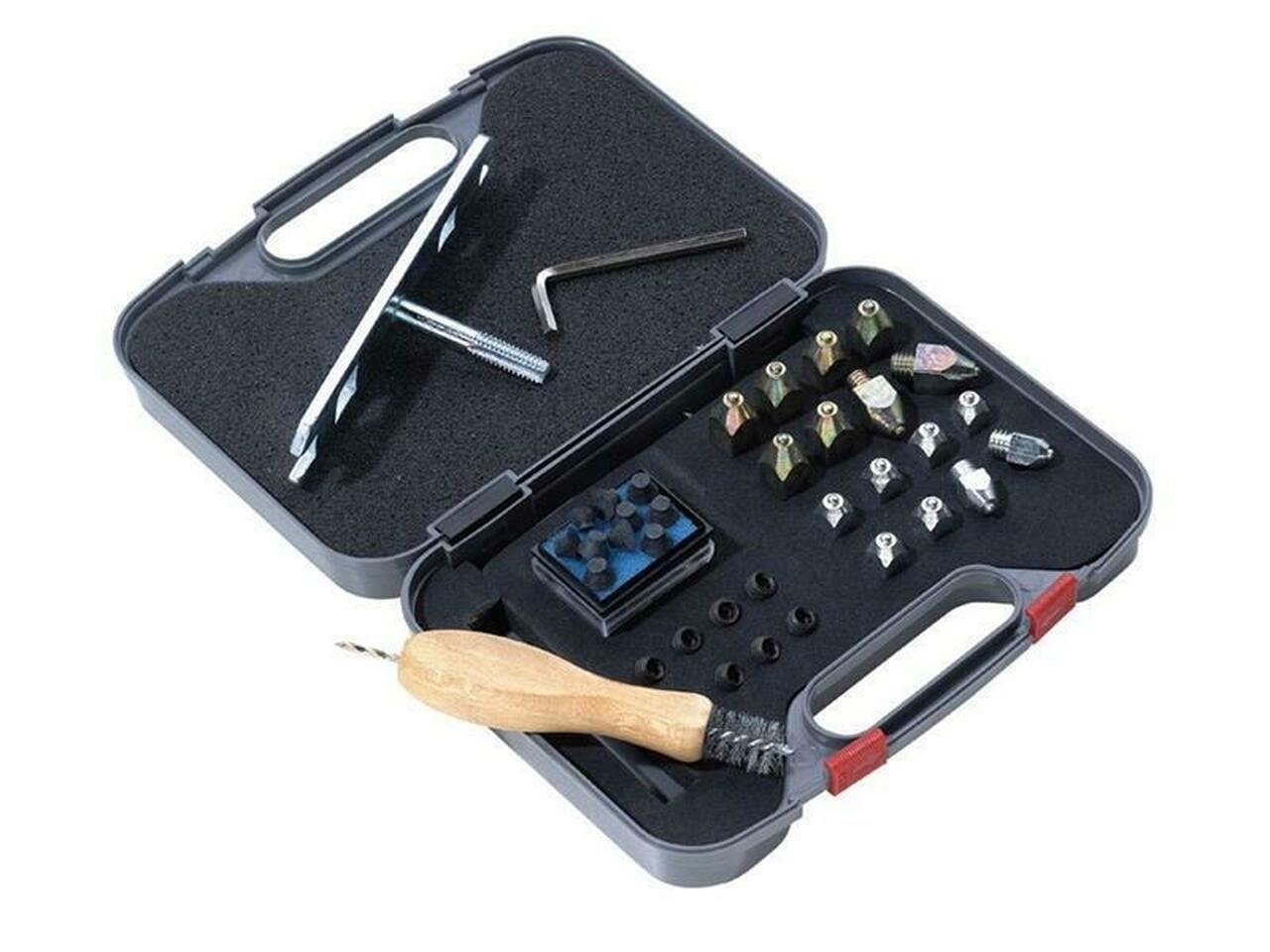In preparation for the competition season there are many things to add to the check list so you are fully organised, with everything is in its place, and you are prepared for all eventualities.
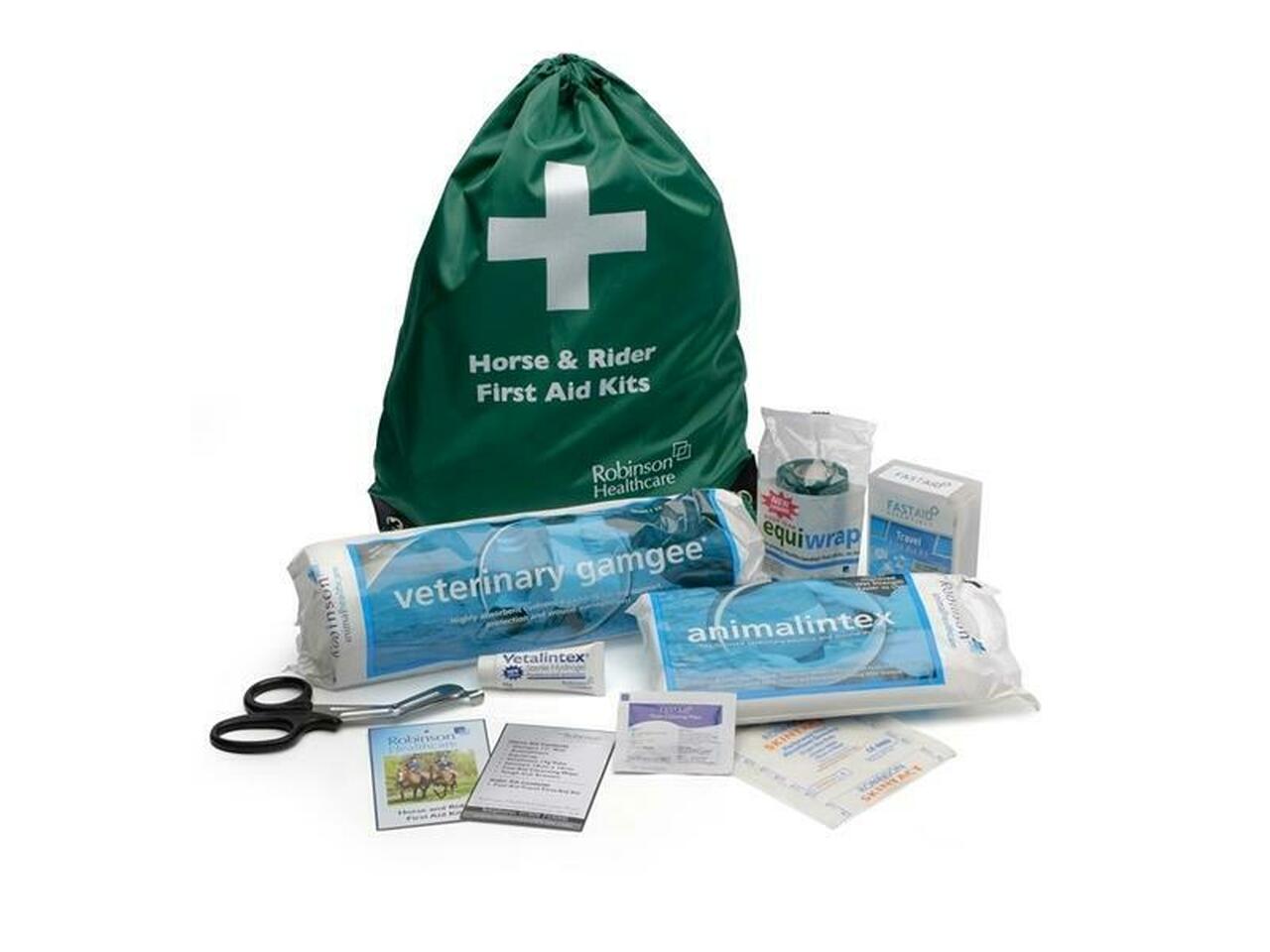
It is important to get your first aid kit stocked up ready for the lorry and buying your first aid essentials from a brand you can trust will bring you peace of mind when it comes to treating your horse, especially with Clean Sport in mind. Must haves are, Cotton Wool, Dressing, Poultices, Self-adhesive elastic bandages, and scissors. An anti-bacterial wash to clean wounds, plus a suitable wound cream, ideally containing MSM, Calendula and Aloe Vera to soothe and protect.
2.Grooming kit.
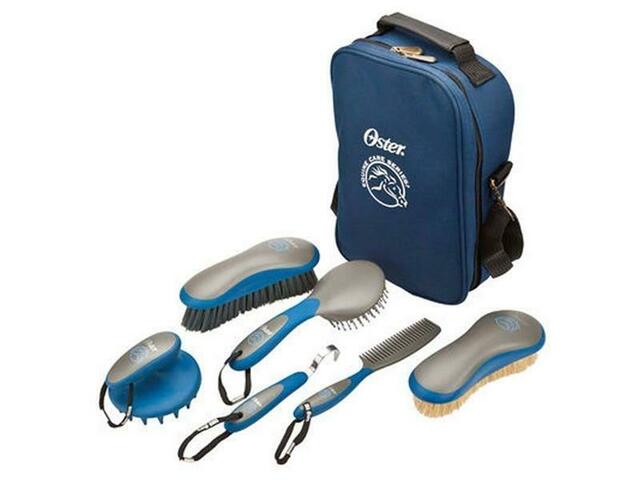
The essentials of Hoof pick, body brush, and a suitable brush for the tail.However, also a stain remover, for any stains picked up during traveling, Chalk to touch up any white socks, Hoof oil or a high gloss Hoof polish.Plus, remember your high finish dazzle spray, spray for quarter marks, silky detangler for tails, and any highlighting oils to complete the look.
3.Plaiting kit.
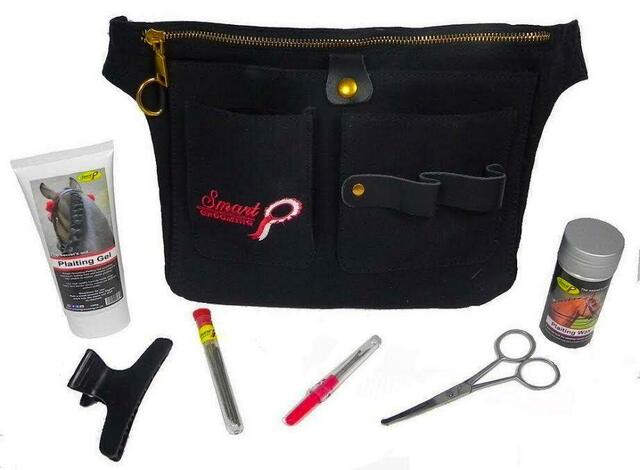
You may have plaited pre journey, but always have spare bands, thread and plaiting mousse to repair and tidy any stray hairs.
.A must for the summer months, but remember to pick a legal spray approved by the HSE (will be detailed on the bottle). As with all applications, don’t forget to patch test any products you haven’t used before
5. Stud kit.
The British summer can throw many different weathers and so ground conditions, so a good selection so you can pick on the day.Use your cotton wool soaked in Hoof oil to plug the holes once you take the studs out so they remain clean, ready for next time.
6. Passport, Clean Sport feed log book, and affiliation cards.
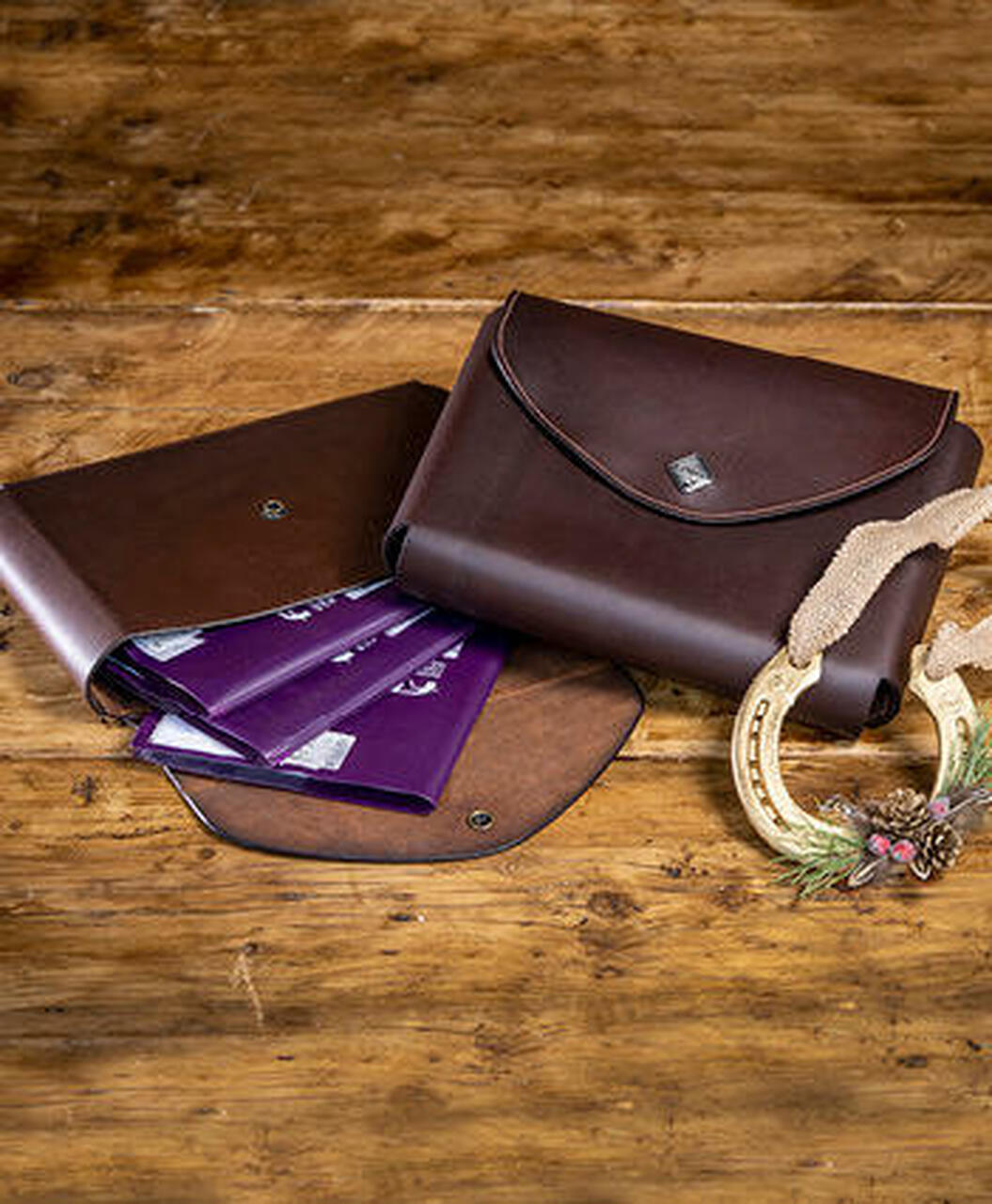
All horses should travel with their passport, and some show grounds and associations will demand to see them on arrival / declaration.Your NAF Feed Log book should accompany your passport so that it can be reviewed by any governing body, if you are selected to be tested.
7. Emergency numbers.
Not only do you need the recovery number in the event of a break down or blown tyre, but if you are traveling on your own it is worth detailing an emergency contact number easy to find, in case the worst happens.Top Tip.Take a small white board and detail your mobile number, and emergency contact and leave by the lorry or trailer.In the event of your horse getting upset or loose whilst you are checking in, someone can alert you to return.
8.Buckets, sponges, sweat scraper and washes.
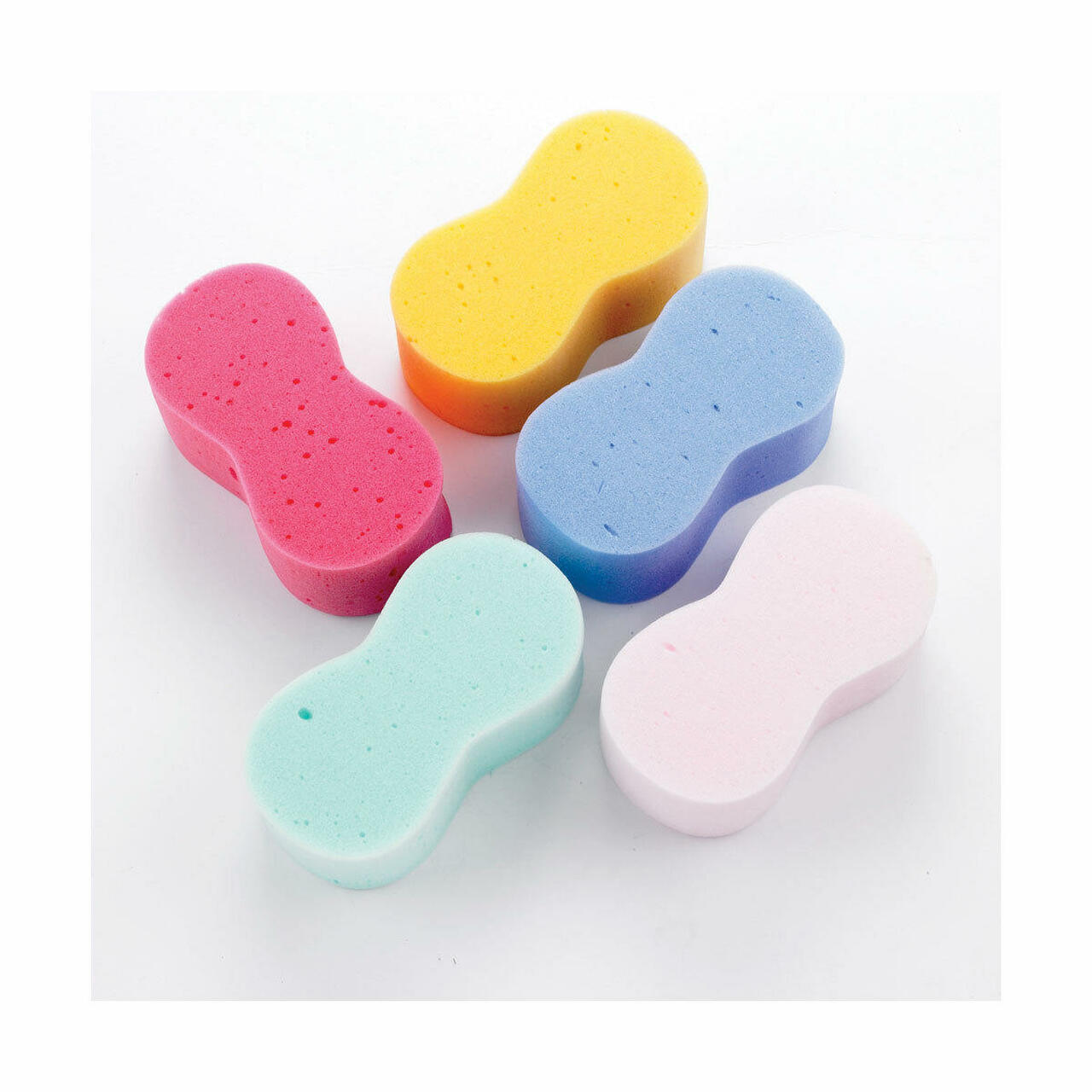
Always have a couple of buckets on board, for washidown and a drinking water bucket.Fill your horses water bucket on arrival and leave out as horses prefer tepid water, so he will be encouraged to drink. Non rinse washes are a great way to clean off after the class, leaving your horse refreshed, and sweat free.
9.Cooling clay or gel.
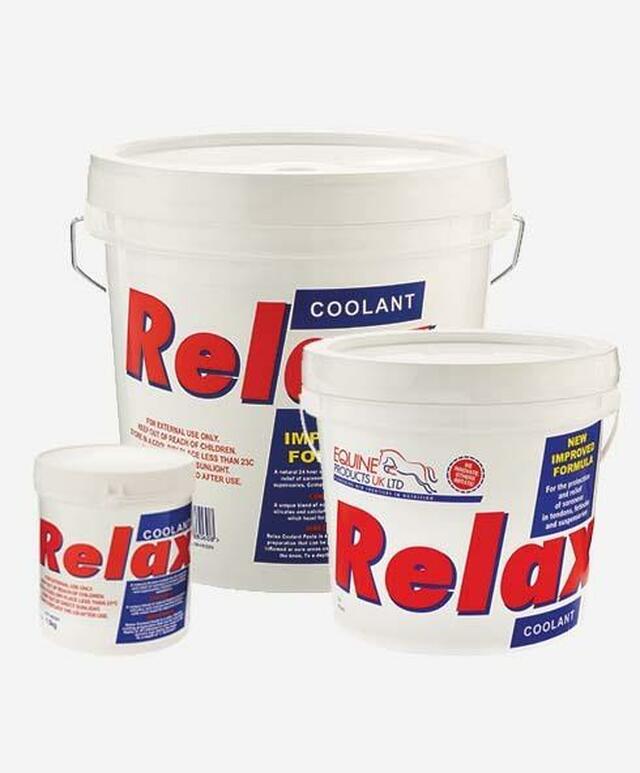
If the ground is hard, or the going tough, a cooling gel or clay applied to clean legs is great for tired legs.
10.Spare tack.
Unfortunately, horses are known to break things.... a spare head collar and rope, is a must, and if you have extra stirrup leathers, girth and bridle it is worth taking them along.
11.Whips, spurs, cross country bib and bridle numbers.
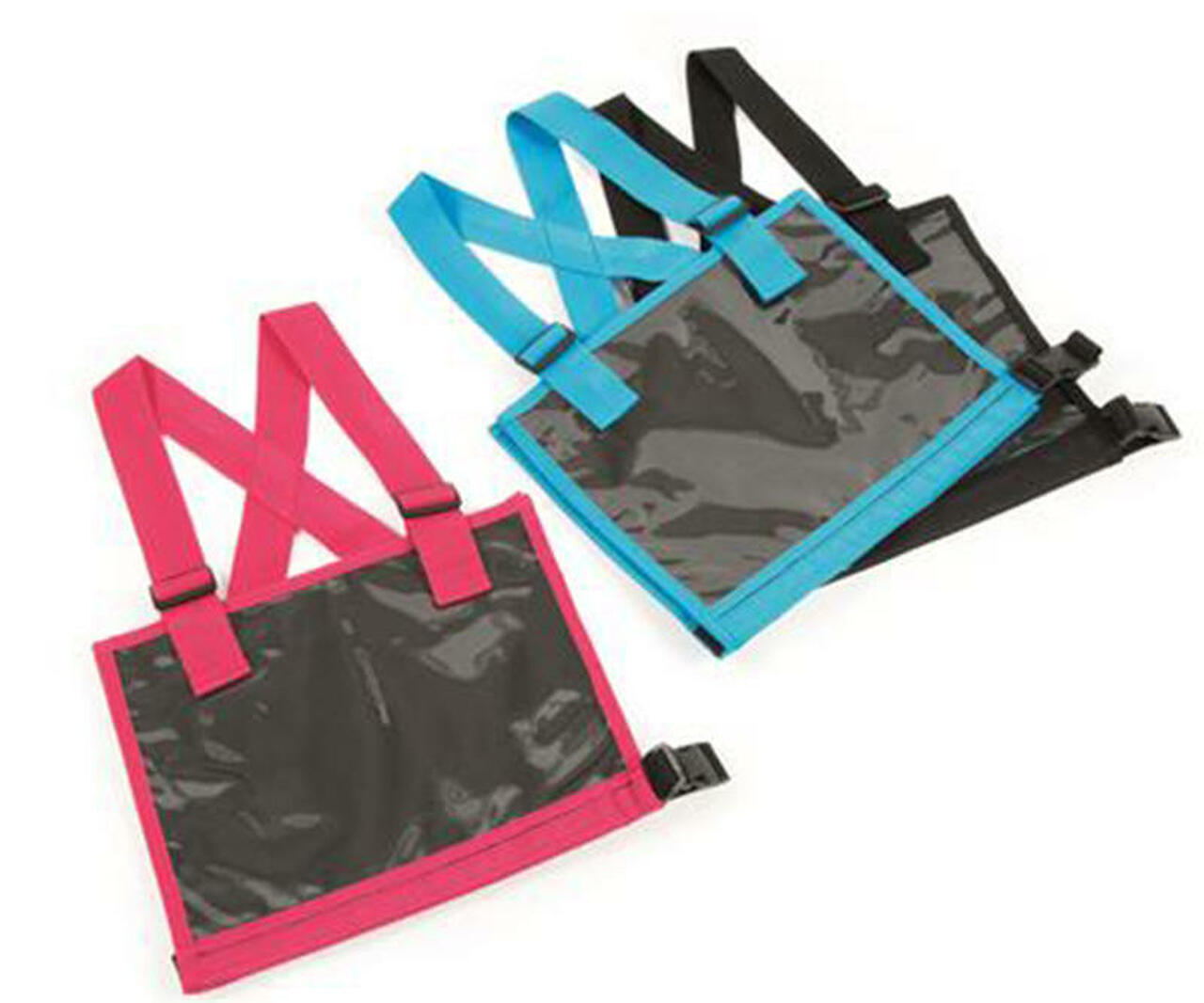
Remember some affiliations detail the length of the spur or whip that you are permitted to use, so worth checking the applicable rule book.Juniors and mountain and moorland ponies, in some classes are not permitted spurs, so double check.
British Dressage now require a bridle number for both sides of the bridle, and in some championship classes a schooling whip is not allowed.
12.Money.
You may have put the picnic in the truck, but remember some pennies as you may deserve an ice cream, or want to buy that photo of you and your horse in action.
All you need to remember now is, both your outfits for the competition and for the trip home, have fun.
